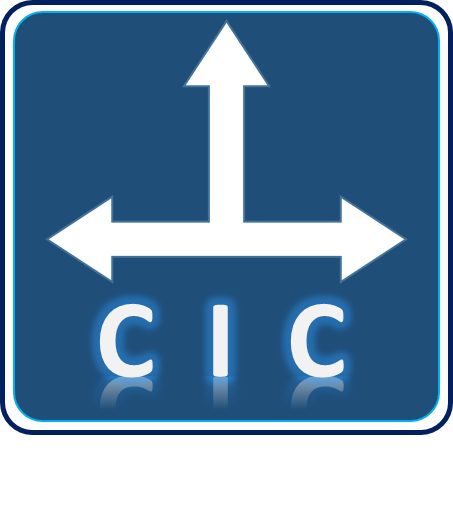Workshop on Crossover Collaboration with Service Technologies 2015
Service-oriented architecture (SOA) is a widely accepted and engaged paradigm for the realization of business processes that incorporate several distributed and loosely coupled partners. The development of emerging computing paradigms such as Cloud Computing, Internet-Of-Things, and Mobile Internet has enable service-oriented computing to implement crossover collaboration. The services with crossover collaboration have the characteristics of ‘3C’, which are crossover, convergence, and complex:
1. Crossover: With the development of information technology, service providers are able to break through traditional single service mode and provide crossover services. For example, banks are starting to stride over traditional banking business and provide the flight tickets booking service, and Internet enterprises are setting foots in the filed of mobile communication;
2. Convergence: Service convergence results from coordination of service providers from different fields. Convergence is a kind of dynamic developing process, consisting of technological convergence, products convergence, services convergence, enterprises convergence, and markets convergence, etc.;
3. Complex: Comparing to traditional services, the crossover services will be more complicated on aspects of service creation, development and management. For example, data generated by humanities, scientific activities and commercial applications from a diverse range of fields through these new computing paradigms have been increasing exponentially. As a result, the data intensive services are quickly becoming popular, where traditional service-oriented techniques such as XML-based SOAP protocol can hardly meet the communication between data intensive services. Potentially, this could have a significant impact on the on-going researches for services and data intensive computing. However, the Big Data issue is not the only one factor that makes service computing issues more complex.
The ‘3C’ characteristics of crossover services pose a lot of challenges and opportunities to the traditional research issues in service computing. For example, the research of service composition in crossover services should more consider the composition of services from different fields, and the convergence is another issue should be taken into account. Meanwhile, with the increase of the complexity, the service lifecycle management is becoming more and more important, and the traditional event-based SOA is also not suitable. Further, with the explosive growth of services, traditional service searching system/algorithm should be optimized.
Topics
Topics of interest include, but are not limited to:
- Crossover Service Abstraction and Virtualization for Distributed Data Integration
- Modeling and Composition of Crossover Services
- Scalability, Reliability and other Quality Assurance of Crossover Collaboration
- Correctness Verification and Freshness of Crossover Collaboration Results
- Performance Analysis and Optimization of Crossover Collaboration Process
- Agile and Ad-hoc Integration of Crossover Services
- Automatic Tracing and Response of Crossover Collaboration
- Crossover Mashup
- User-friendly Mashup of Crossover Collaboration
- Data Flow Modeling and Management in Crossover Collaboration
- Architectures for Crossover Collaboration
- Applications of SOA and Cloud Infrastructure in Crossover Collaboration
General Co-Chairs
M. Brian Blake, University of Miami, USA
Zhaohui Wu, Zhejiang University, China
Program Co-Chairs
Jianwei Yin, Zhejiang University, China
Shuiguang Deng, Zhejiang University, China
Shangguang Wang, Beijing University of Posts and Telecommunications, China
Important Dates
Full Paper submission deadline: July 8, 2015
Notification of acceptance: July 31, 2015
Camera Ready Submission: August 15, 2015
Please submit your paper through the online submission system:
https://easychair.org/conferences/?conf=ccst2015




















